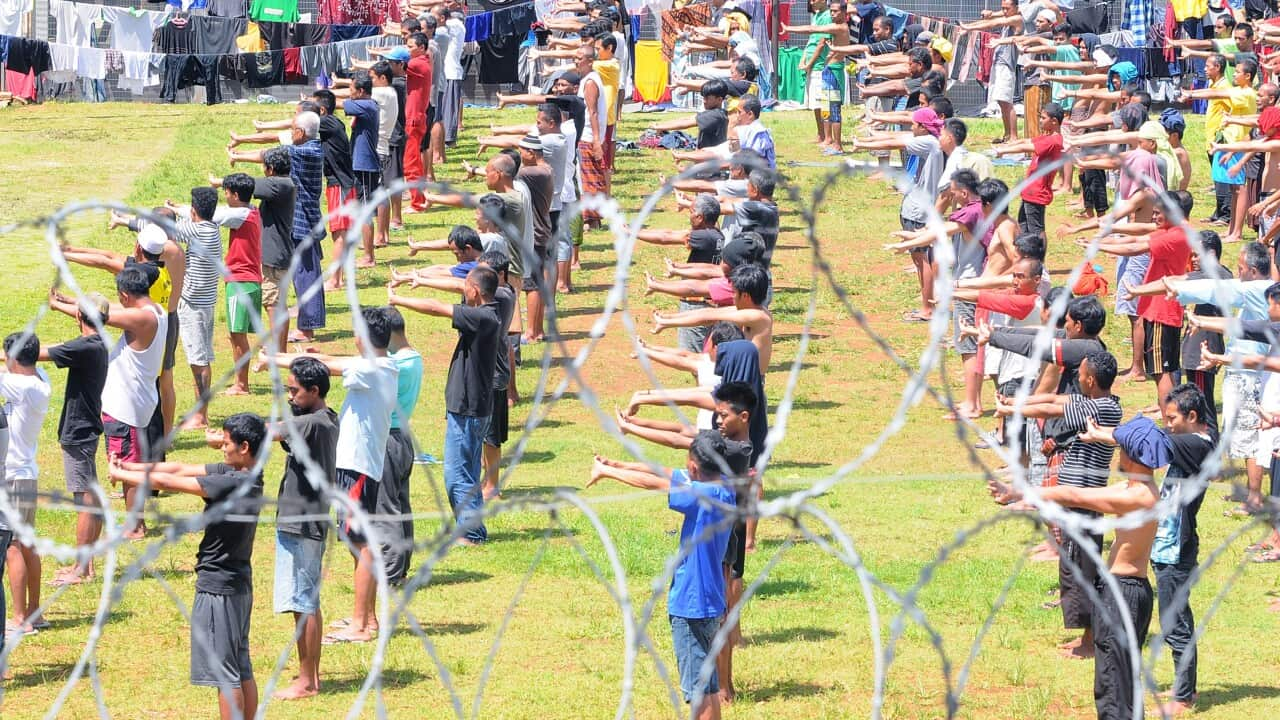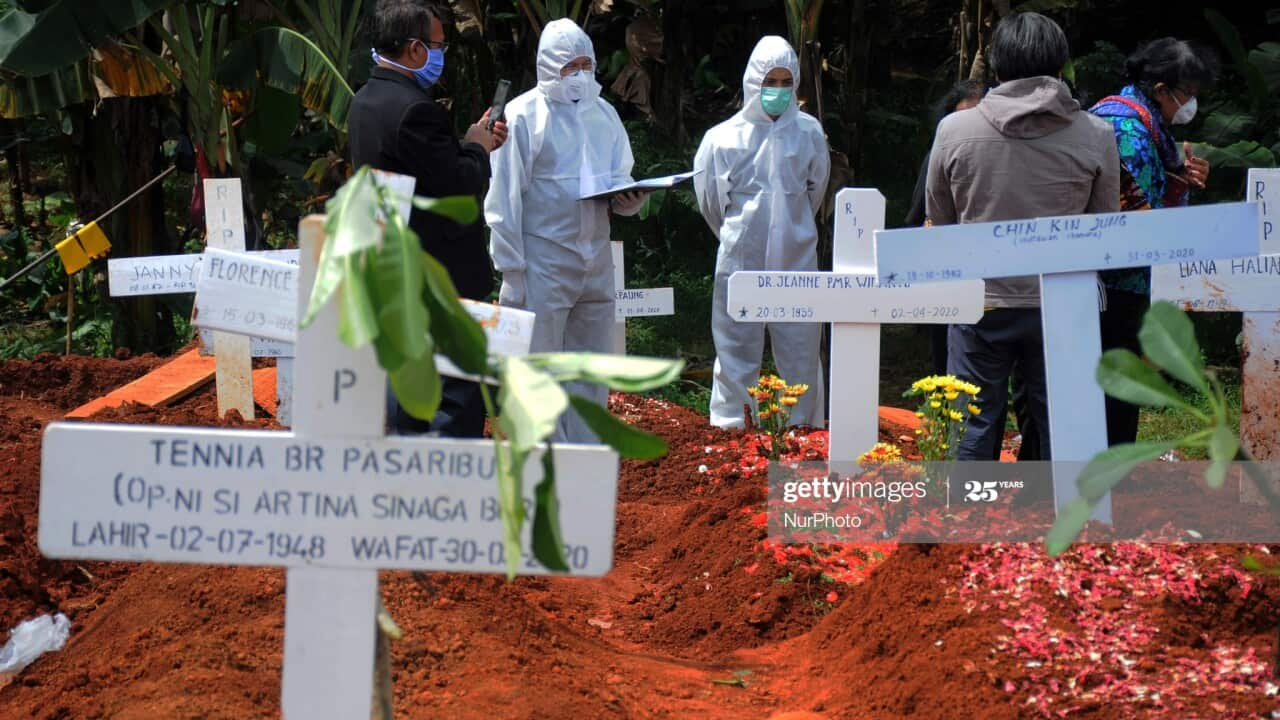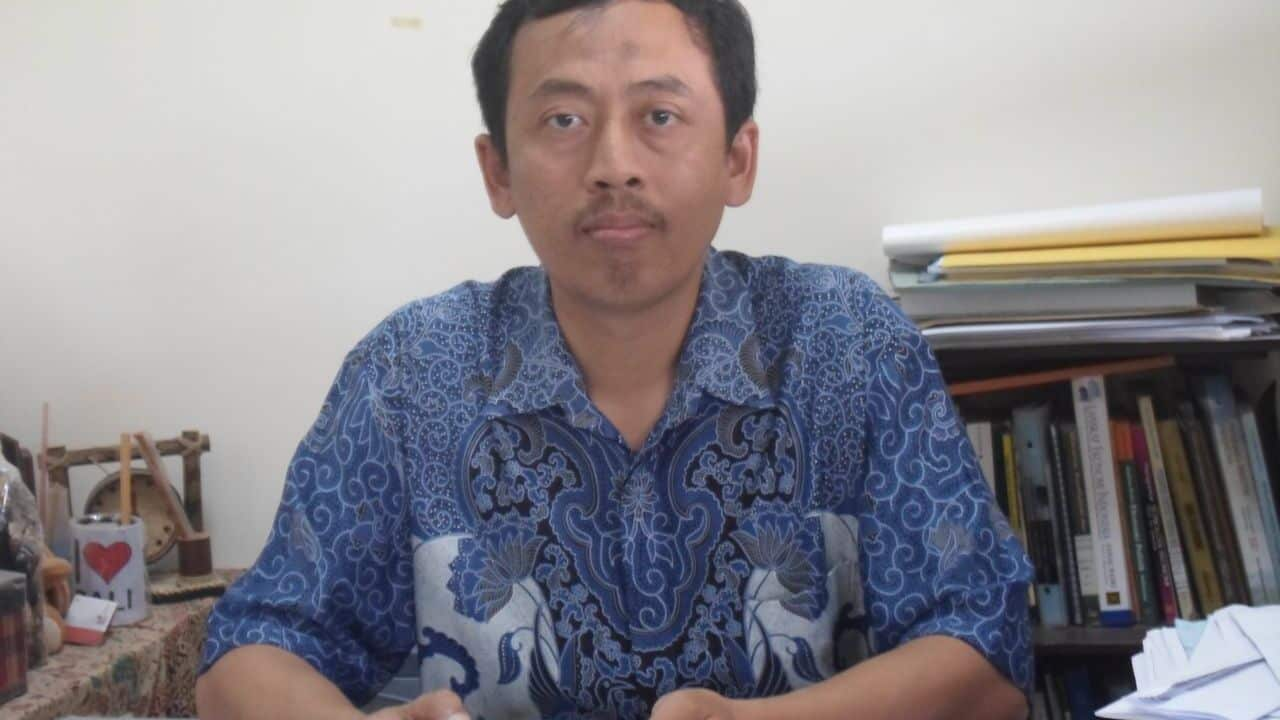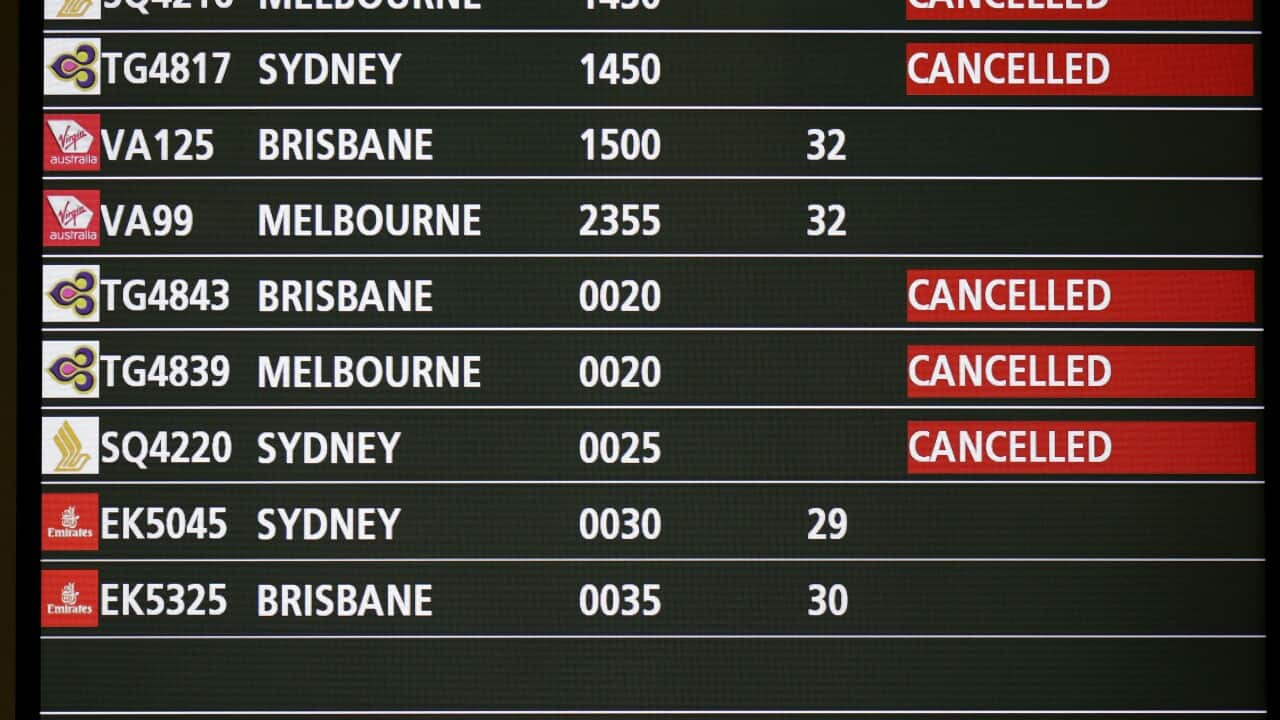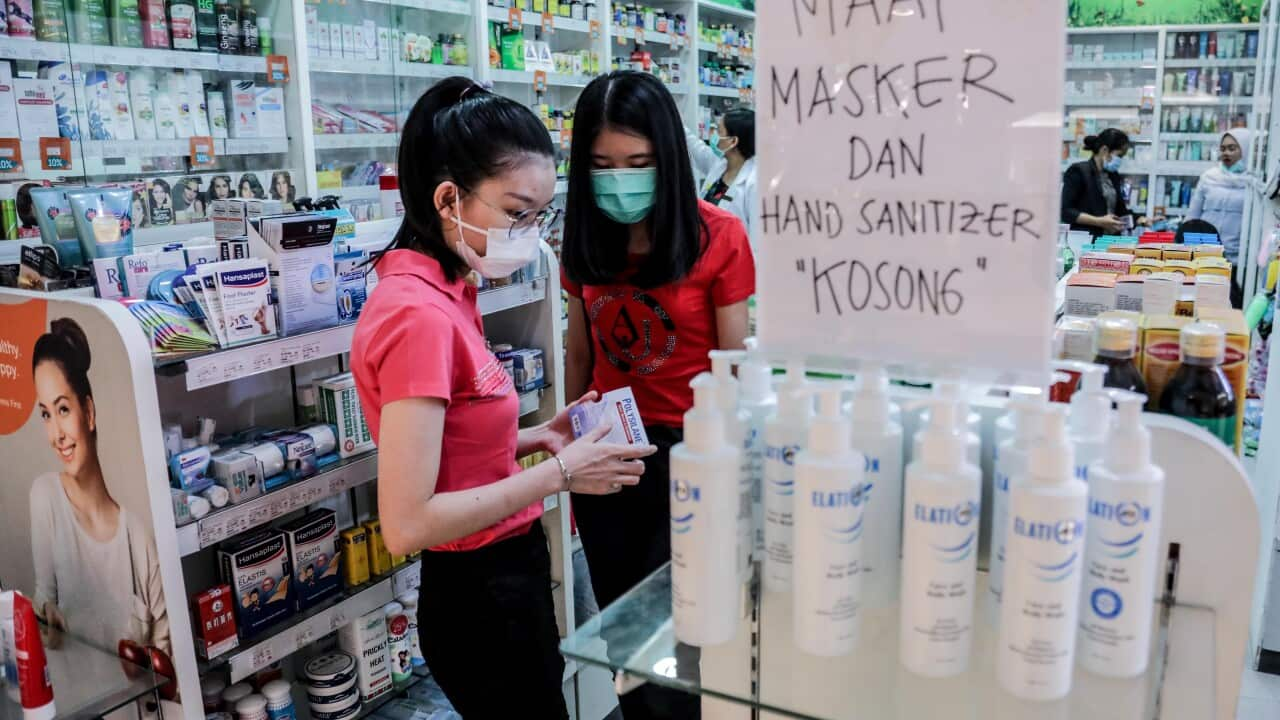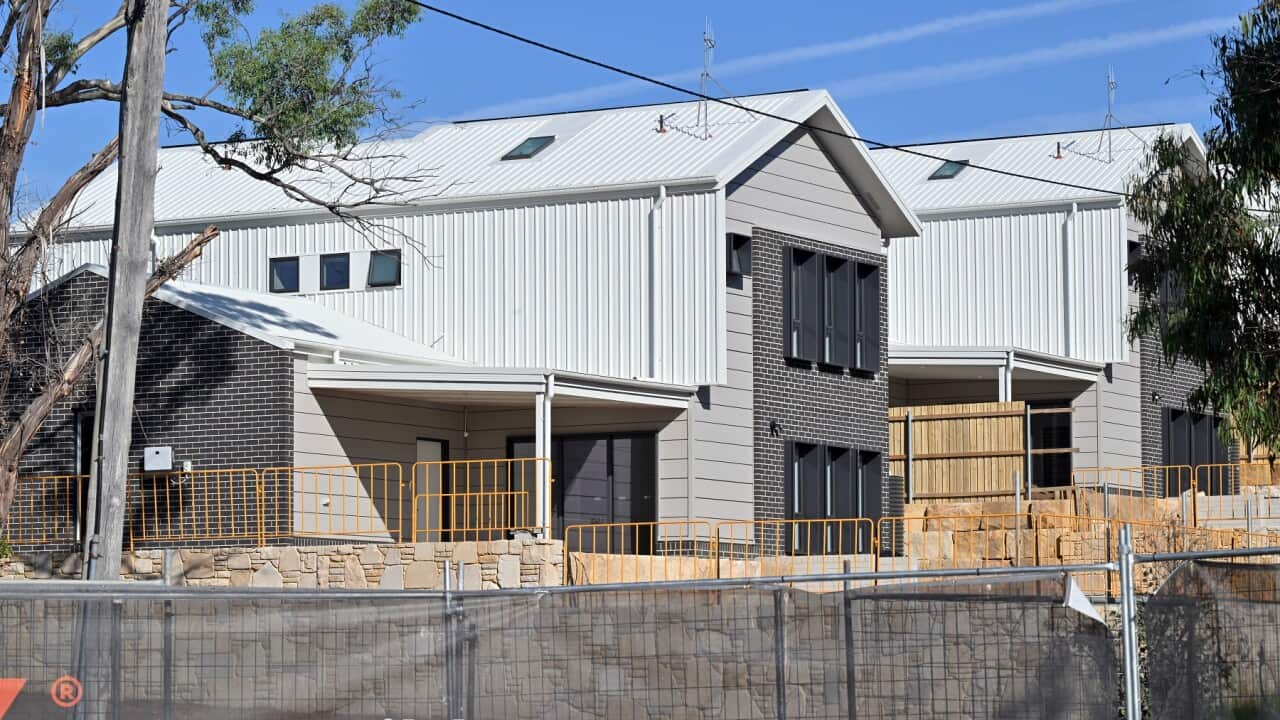As of 20 April, the Indonesian Ministry of Law and Human Rights through an assimilation and integration program, in an effort to curb the spread of the coronavirus in the country's overcrowded prisons.
However, it is reported that some of those released for committing criminal acts. Is it the right measure to do when many people are also experiencing financial difficulties due to the coronavirus outbreak? Do people need to be more vigilant?
Is it the right measure to do when many people are also experiencing financial difficulties due to the coronavirus outbreak? Do people need to be more vigilant?

A woman (C) reacts after she was released from prison, due to concerns of the spread of the COVID-19 coronavirus, in Lhoknga near Banda Aceh on April 6, 2020. Source: CHAIDEER MAHYUDDIN/AFP via Getty Images
SBS Indonesian speaks to Dr Rakhman Ardi - an expert in social cognition and cyber media, who is also a lecturer at the Faculty of Psychology, Airlangga University, Surabaya - on the matter.
Dr Ardi says that public fear is only natural because negative news tends to be more attached than positive one.
"Negative emotions often have more power than the positive ones," he says. But he also warns of a bias in society caused by media coverage.
"The media must also provide an education that prison is not only related to exclusion but also relates to how people can be trained to return to society so that there should be no stigmatisation with people who have indeed committed criminal acts," Dr Ardi explains, adding that ex-convicts can also return to live in society normally.
Listen to the full conversation.
People in Australia must stay at least 1.5 metres away from others. Check your state’s restrictions on gathering limits.
Testing for coronavirus is now widely available across Australia. If you are experiencing cold or flu symptoms, arrange a test by calling your doctor or contact the Coronavirus Health Information Hotline on 1800 020 080.
The Federal Government's coronavirus tracing app COVIDSafe is available for download from your phone's app store.
SBS is committed to informing Australia’s diverse communities about the latest COVID-19 developments. News and information is available in 63 languages at
